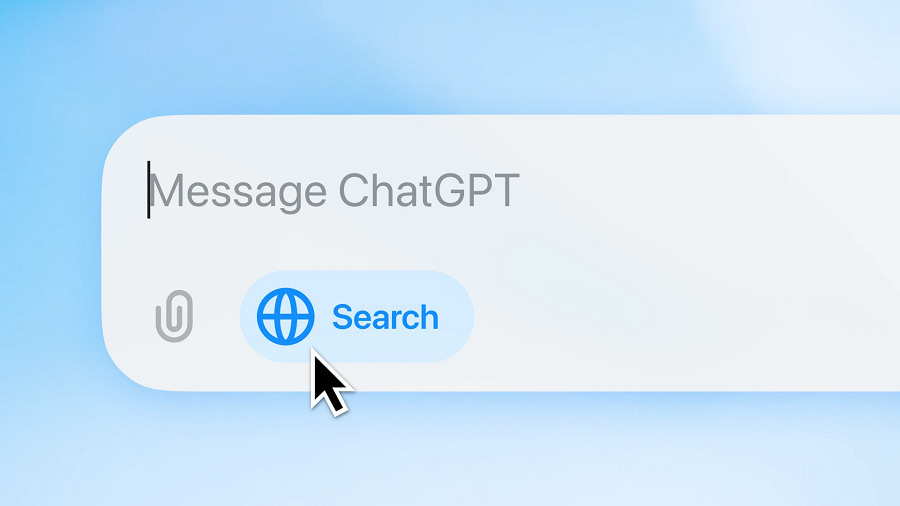 AI
AI
 AI
AI
 AI
AI
OpenAI has upgraded ChatGPT’s built-in search engine with new features that will enable users to more quickly find relevant information.
The enhancements debuted today as part of a 12-day product announcement series that the company kicked off last week. Previously, OpenAI released its Sora video generator and a premium ChatGPT plan.
ChatGPT’s search engine began as a standalone service called SearchGPT that debuted in July. At the time, OpenAI described it as a “temporary prototype” intended primarily for feedback collection purposes. The service shut down a few weeks after launch and remerged as the version currently embedded into ChatGPT.
Until now, the search engine was only available with the chatbot’s paid tiers. Today’s update expands availability to the free version. While at it, OpenAI has added speed improvements and a setting that allows users to set the feature as their browser’s default search engine.
Under the hood, the search engine is powered by the company’s large language models. When a user enters a query, the tool doesn’t return a list of web links but rather a natural language answer. The AI-generated response can be up to several paragraphs in length.
The new version of the search engine customizes the response format when it receives certain types of queries.
If the user searches for upcoming events in a given area, ChatGPT replaces the standard text snippet it usually returns with with a list. Each item in the list contains a brief description of an upcoming event, an accompanying thumbnail and a link to the relevant webpage.
When users look up restaurants, the ChatGPT’s search engine returns more detailed information. Moreover, clicking a restaurant listing brings up a pop-up panel that shows opening hours, directions, reviews and related details.
ChatGPT now likewise uses a custom response format when consumers search for popular websites. If a user types in Booking.com, for example, the search engine displays a link to the travel booking service above its natural language response. Videos, meanwhile, can now be played directly in the ChatGPT interface.
The chatbot automatically redirects queries to its search engine when it determines that the user wishes to retrieve information from the web. Additionally, there’s a new setting that sends queries to the search engine by default when it’s enabled.
Down the road, OpenAI could potentially monetize its search engine by offering an enterprise version via an application programming interface.
Several venture-backed rivals, including Cohere Inc., already offer such services. The technology allows companies to embed an AI-powered search engine into their websites. Online retailers, for example, can use an embedded search engine to help shoppers more quickly find specific items.
Support our mission to keep content open and free by engaging with theCUBE community. Join theCUBE’s Alumni Trust Network, where technology leaders connect, share intelligence and create opportunities.
Founded by tech visionaries John Furrier and Dave Vellante, SiliconANGLE Media has built a dynamic ecosystem of industry-leading digital media brands that reach 15+ million elite tech professionals. Our new proprietary theCUBE AI Video Cloud is breaking ground in audience interaction, leveraging theCUBEai.com neural network to help technology companies make data-driven decisions and stay at the forefront of industry conversations.